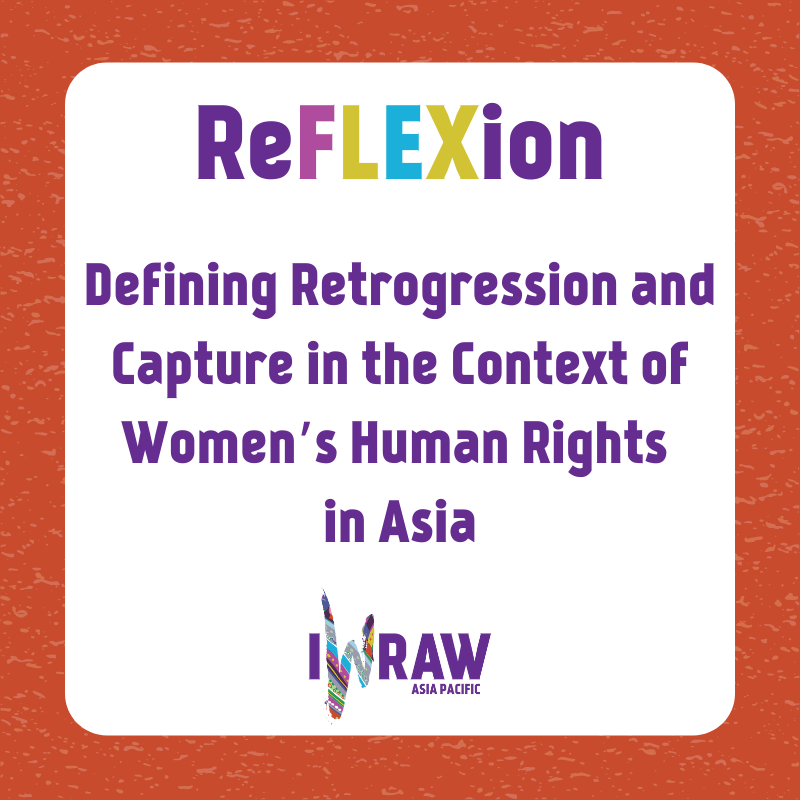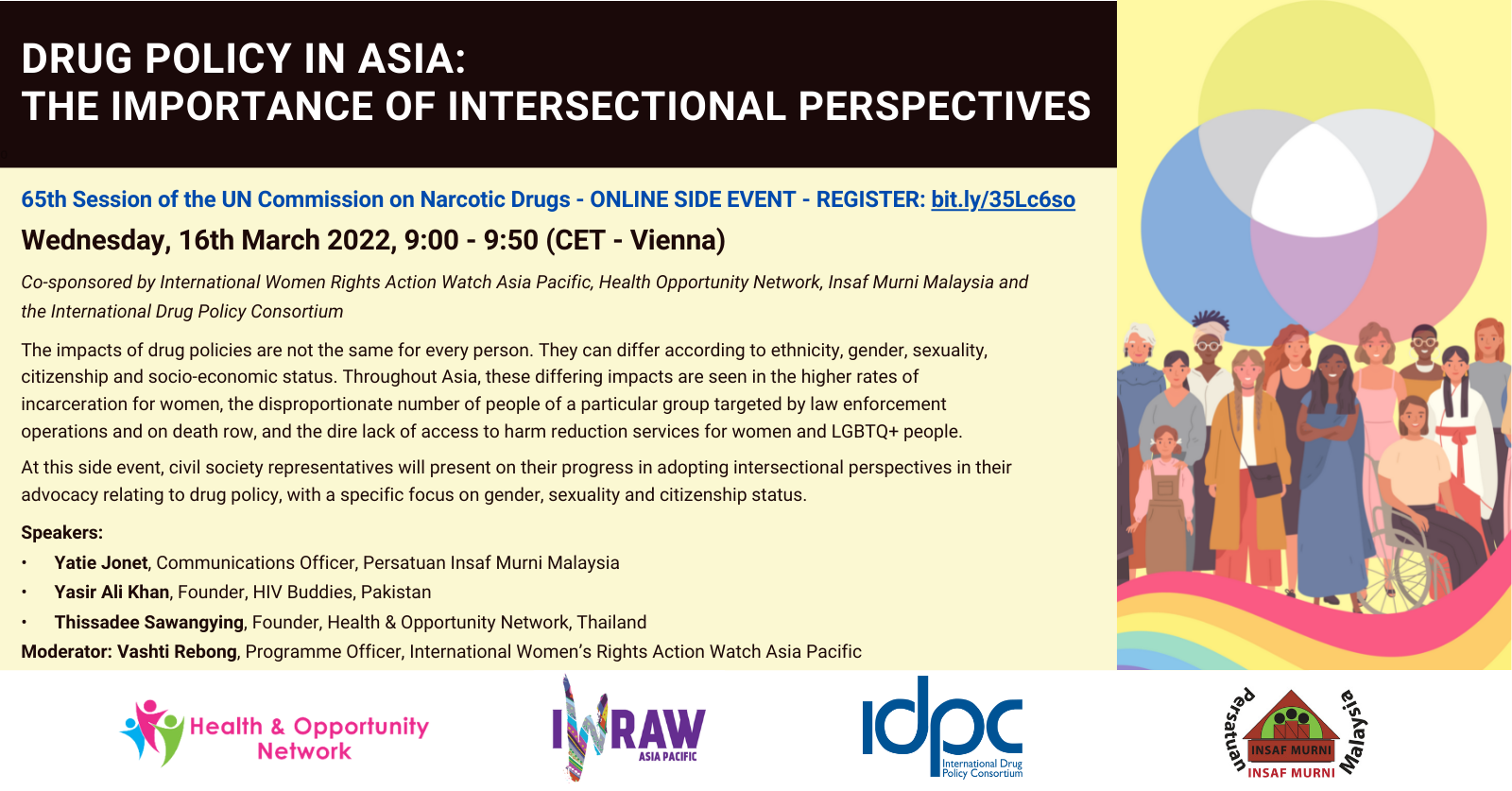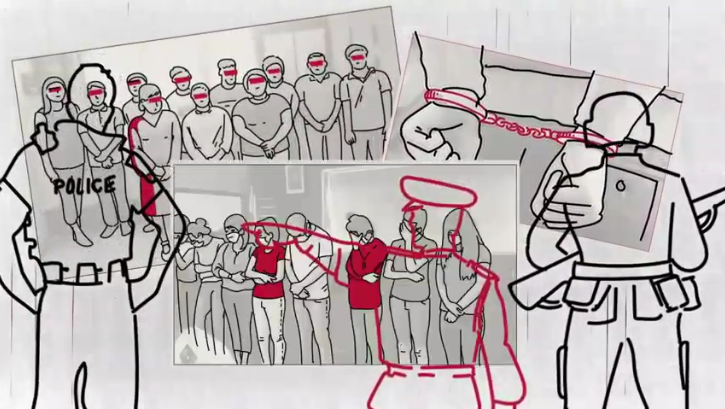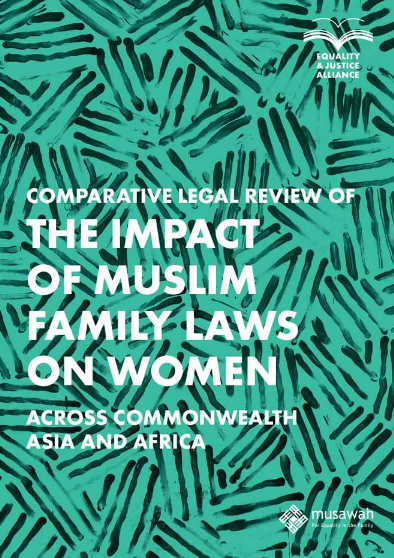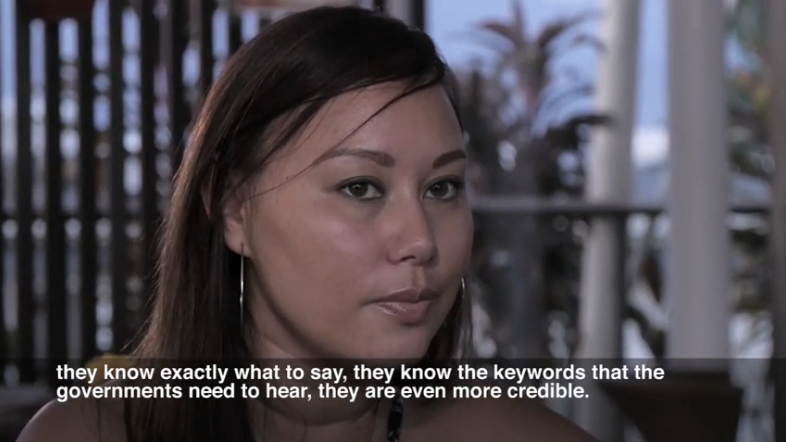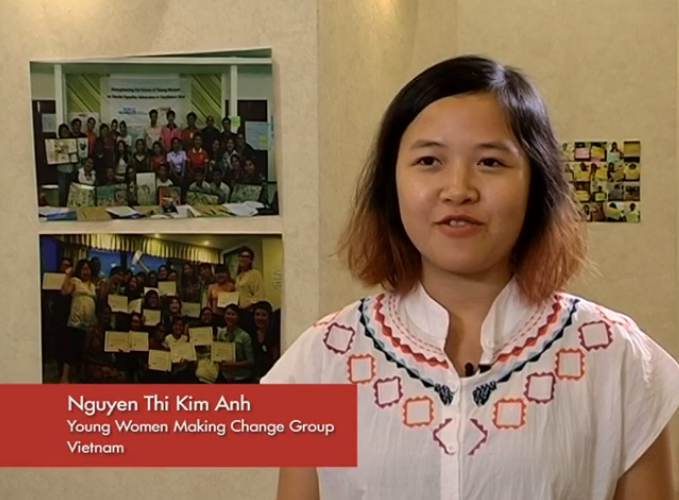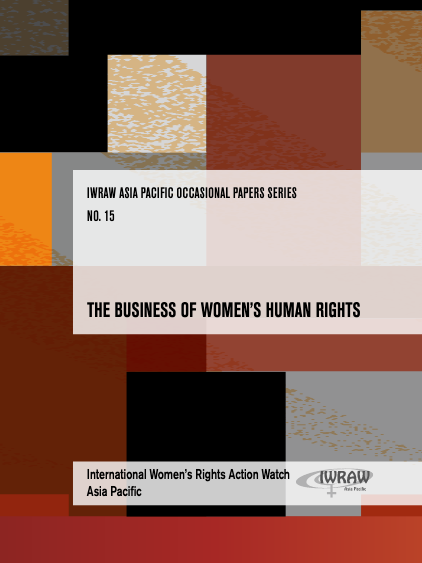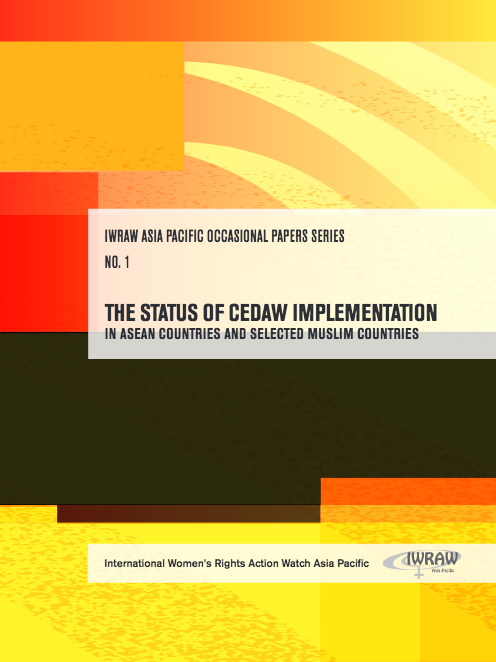Bordering Rights: The globalised double standards of visa regimes
November 2024
“It takes less than a century, it seems, to see the absence of freedom as a natural condition” – Speranta Dumitru, ‘When World Leaders Thought You Shouldn’t Need Passports or Visas’, The Conversation, 27 September 2016. In today’s interconnected world, everyone should have the freedom to travel and pursue opportunities, regardless of nationality or origin. […]
Read MoreFeminist Learning Exchange: Defining Retrogression and Capture in the Context of Women’s Human Rights in Asia (FLEX)
April 2022
The Feminist Learning Exchange: Defining Retrogression and Capture in the Context of Women’s Human Rights in Asia (FLEX) aims to consolidate feminist knowledge and analyse the social, political, economic and legal context of women and marginalised groups organising to claim their rights; and to understand how women’s rights groups advocate for the rights of marginalised […]
Read MoreDrug policy in Asia: the importance of intersectional perspectives
March 2022
The impacts of drug policies are not the same for every person. They can differ according to ethnicity, gender, sexuality, citizenship and socioeconomic status. Throughout Asia, these differing impacts are seen in the higher rates of incarceration for women, the disproportionate number of people of a particular group targeted by law enforcement operations and on […]
Read MoreDecriminalise Sex Work
March 2021
The full decriminalisation of sex work is recognised globally as being essential to ensuring the safety, security, and dignity of sex workers. In this video, members of the Asia Pacific Network of Sex Workers (APNSW) from various parts of South and Southeast Asia talk about the impact of criminalisation on the lives and rights of […]
Read MoreComparative Legal Review of the Impact of Muslim Family Laws on Women across Commonwealth Asia and Africa
2019
Article 16 of CEDAW specifically provides for the elimination of discrimination against women and girls in all matters relating to marriage and family relations. Many Muslim-majority countries and countries with significant Muslim minorities are party to CEDAW but continue to hold reservations with regard to family law matters, including Article 16. This 135-page report, in […]
Read MoreStrengthening Implementation of CEDAW: Review of the StIC Project
2019
The Strengthening Implementation of CEDAW (StIC) project, addressing women’s economic, social and cultural rights; access to justice; and the Sustainable Development Goals, was initiated to promote the regional feminist agenda in South and Southeast Asia, with a national-level focus on Bangladesh, Nepal, Timor-Leste and Vietnam. This video contextualises the project and outlines its achievements, with […]
Read MoreYoung Women Making Change
2015
Young women from Laos, Malaysia, Timor Leste and Vietnam participated in a three-year project with IWRAW Asia Pacific, funded by UN Women Fund for Gender Equality (FGE), on becoming CEDAW advocates for women’s human rights. Duration: 10:54 Subtitles: English
Read MoreThe Business of Women’s Human Rights
2014
IWRAW Asia Pacific Occasional Papers Series, No. 15. 48-page paper in PDF format, written by Amy Lynne Lockler and Kathryn Dovey. Resulting from IWRAW Asia Pacific’s 2012 consultation on migration, trafficking, engagement with non-state actors and CEDAW, this paper explores strategic uses of the UN Guiding Principles in collaboration with businesses, and highlights examples of […]
Read MoreThe Status of CEDAW Implementation in ASEAN Countries and Selected Muslim Countries
2004
IWRAW Asia Pacific Occasional Papers Series, No. 1. 36-page paper in PDF format, written by Shanthi Dairiam and based on research carried out by Rea Chiongson and Bandana Shrestha. Covering Egypt, Iraq, Jordan, Maldives and Tunisia as well as ASEAN, the paper looks first at the reservations made by States parties upon CEDAW ratification or […]
Read More


